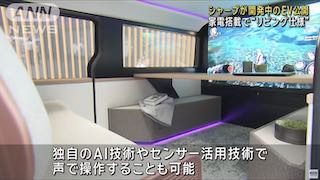TOKYO, Jan 31 (News On Japan) - A significant challenge has emerged for small and medium enterprises (SMEs) in Japan as labor shortages continue to deepen. Despite efforts to raise starting salaries, 74% of these businesses have been unable to hire new graduates as per their plans.
The Japan Chamber of Commerce and Industry conducted a survey from the 16th to the 23rd of January among its member companies nationwide, garnering responses from 1,920 businesses.
The results reveal that 74.0% of SMEs planning to hire new graduates for April entry this year failed to do so, marking a 6.4-point increase from the same period last year.
The issue is particularly pronounced in sectors like construction, manufacturing, and wholesale.
In the face of this labor shortage, companies have attempted various strategies to attract new graduates. These include company and joint information sessions, workplace experiences, and interactions with current employees. Notably, over half of the companies, 50.2%, have increased their initial salaries.
However, SMEs continue to express their struggles, with comments such as, "We implemented new graduate recruitment but felt no response," and "There's hardly any inquiry from students, with no change expected in the future," highlighting the acute hiring difficulties SMEs are facing in securing new talent.















